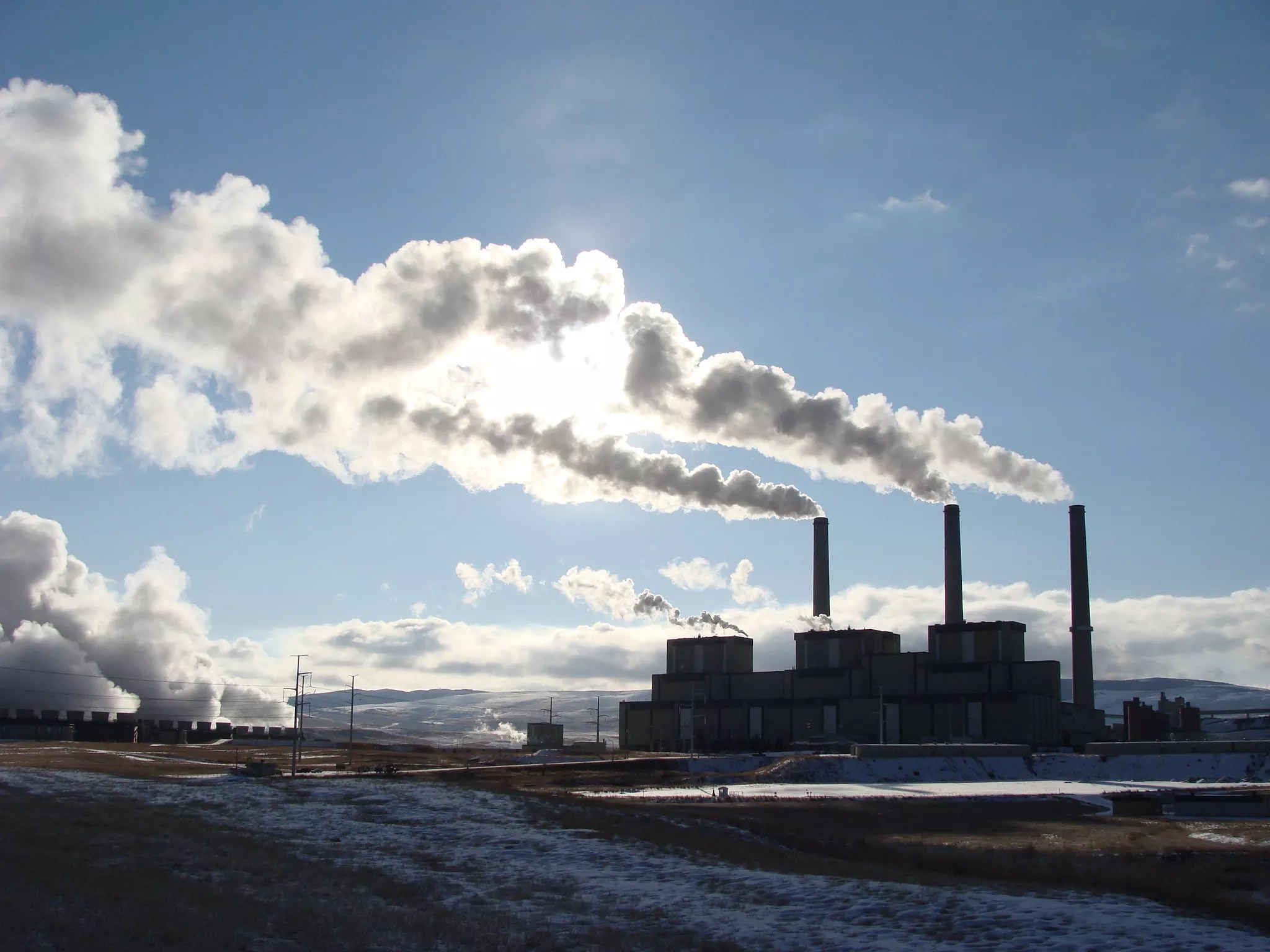
Jimmy Thomas / Flickr

Audio By Carbonatix
As part of its plan to deliver 100 percent carbon-free electricity to customers by 2050, Xcel Energy started out the new year by announcing an early closure of the Hayden Generating Station in Hayden.
“One of the benefits of the agreement among the Hayden owners to propose earlier closure of the Hayden units is that it supports both the Colorado and Xcel Energy goal for 80 percent carbon emissions reductions by 2030. It also creates more opportunity to add new, cost-effective clean and renewable energy resources,” Xcel Energy said in announcing the closure.
Communities affected by such closings can now find support from the Office of Just Transition, launched in 2019 as part of House Bill 1314, which was passed by the Colorado Legislature that year. The bill created a Just Transition Advisory Committee with nineteen members from groups affected by the closure of coal-fired power plants: government officials, impacted communities, coal-transition workers, and economic development training offices, among others.
After studying how to support affected communities, the committee released an Action Plan on December 31, which calls for empowering workers and families to plan for future successes, encouraging the federal government to step in, preparing a state plan to help displaced workers find jobs, and exploring strategies to protect economic family security.
“I like to reference the plan as building a house or a power plant. We have a plan, and now we’re going to start building on the foundation. It’s not going to happen overnight,” said Ray Beck, the advisory committee vice-chair, during a virtual presentation of the proposed policy recommendations on January 13. A successful collaboration between local communities and policy decisions is key to a just transition, he noted.
During the program, Emily Hornback, executive director at Western Colorado Alliance, explained that her organization has worked on coal issues for a very long time, but mainly from the anti-coal side of the conversation. “I think we all learned a lot when the coal mines in Delta started closing and we saw the thousands of workers lose their jobs in one year,” she said. “We really saw these impacts on Delta, Grand Junction [and] Montrose, and wanted to show up as neighbors. We are members of this community and we feel these impacts, too. We want to make sure that as our transitions are happening in our communities, we are turning up for our neighbors to help us find our economic futures.”
Over the past ten years, Delta County has lost hundreds of jobs because of depressed coal prices on Colorado’s Western Slope. Hornback pointed out that jobs aren’t the only things lost when coal mines shut early: Lost tax revenues are another big budgetary concern.
Wade Buchanan, director of the Colorado Office of Just Transition, explained that well before layoffs occur, workers must have relocation job services and retraining support in place at workforce centers and rural consortiums. Xcel Energy, for example, will manage its transition through attrition, retirement and retraining employees in partnership with IBEW Local 111, which represents the workforce.
Because so many interests are involved that cross state lines, Buchanan stressed that the federal government ultimately needs to step up and take a lead on a national strategy for transition workers. “We will be pushing very, very hard for them to consider an extension of the existing Trade Adjustment Assistance act,” he said. “It’s through this sort of work that we think we can have a more equitable and consistent strategy for all of the workers in our state who potentially face layoffs.”
Most of the funding strategies will come from existing state resources, Buchanan noted, but some will draw from private and nonprofit investments. The plan accounts for the economic recession brought on by the pandemic, he added; by building in time before the transitions actually occur, the state will have time to gather appropriate funds and support.
But with early power-plant retirements over the next decade adding to the current economic challenges, thousands of workers’ livelihoods are being put on the line. Many people in these communities will resist a transition; multiple generations of some families have worked in the coal industry. They don’t want a new job from the government, according to Advisory Committee member Beth Melton.
“We need to take care of the future of our environment, of our air and our water,” Melton said. “There is nothing if we can’t do that, but at the same time, we can’t just throw people under the bus.”